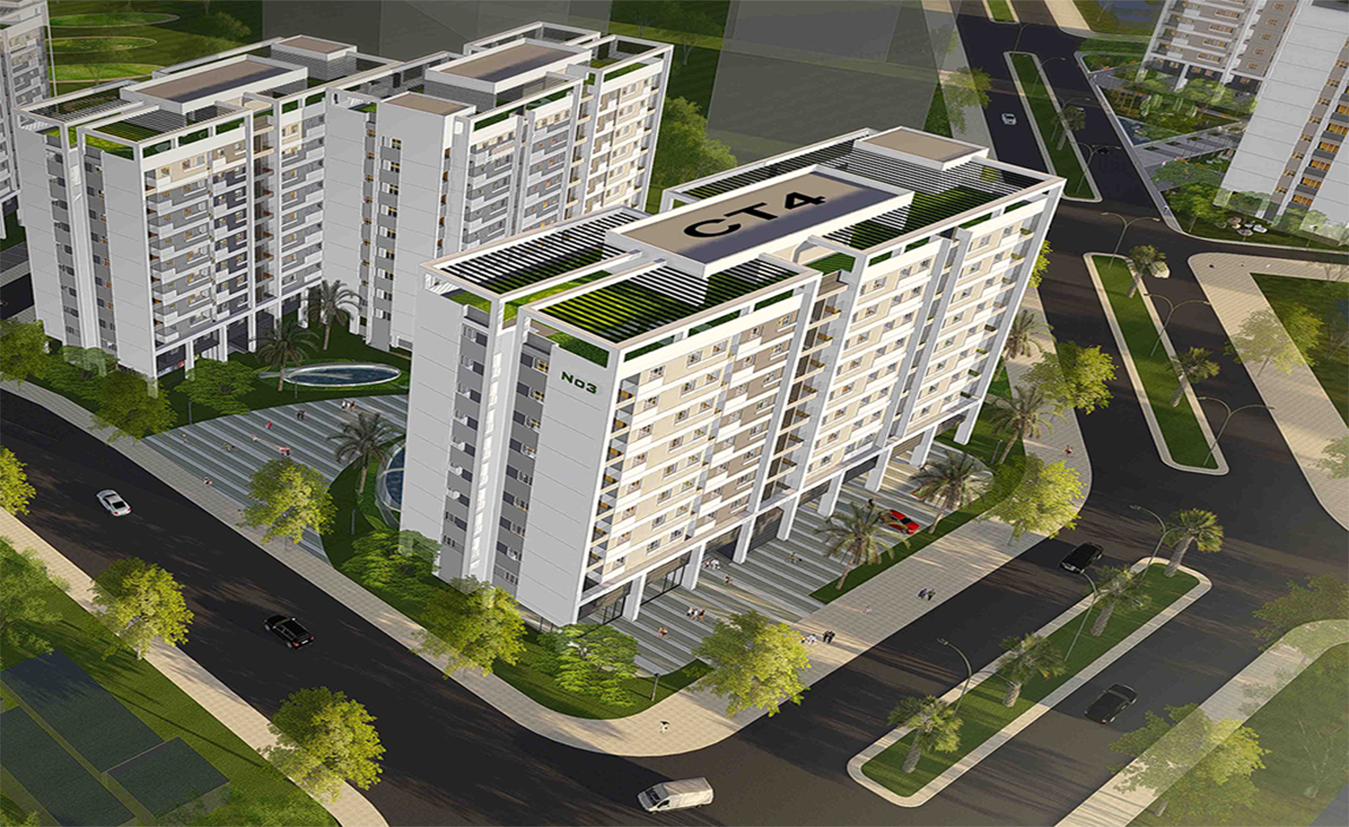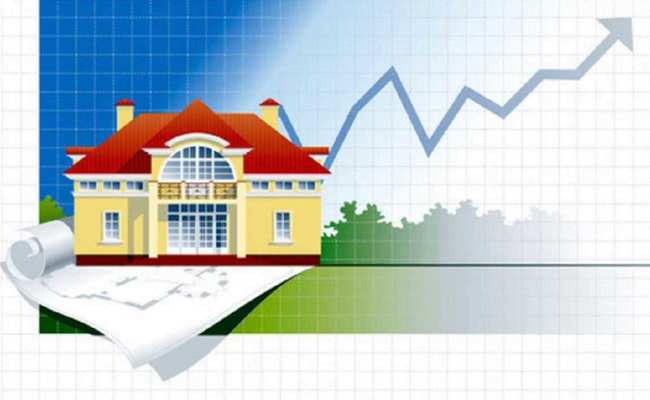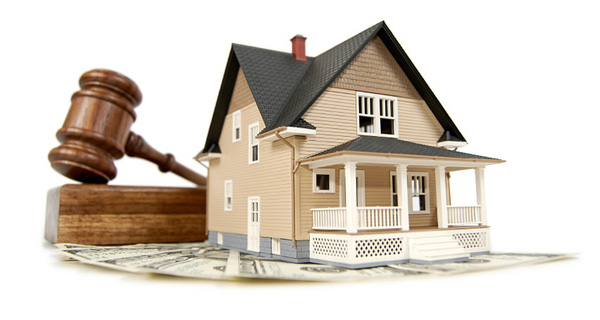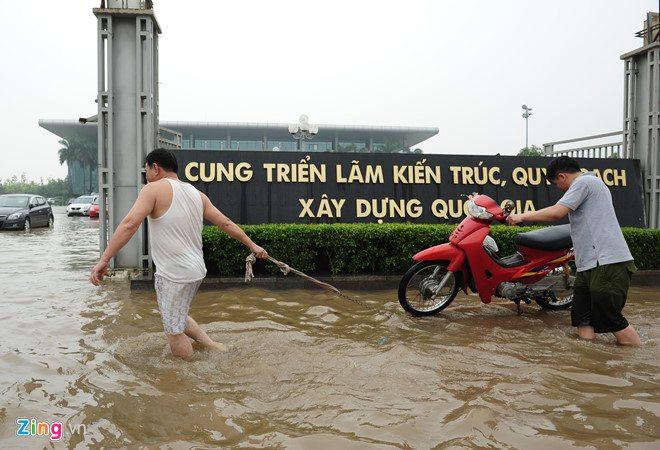What do the private areas and common areas in apartment buildings include? - Thuy Loan (Tien Giang, Vietnam)

Vietnam: What are the private areas and common areas in apartment buildings? (Internet image)
1. What is an apartment building?
According to Clause 3, Article 3 of the Law on Housing 2014, apartment building means any multi-storey building which has multiple apartments, public stairs, hall ways, private areas, common areas and common infrastructural works for organizations, households or individuals, including:
- Apartment buildings for residential use
- Mixed-use buildings for both business and residential purposes.
2. Regulations on useful life of apartment buildings in Vietnam
Regulations on the term of use of apartment buildings in Vietnam under Article 99 of the Law on Housing 2014 are as follows:
(1) The useful life of an apartment building is determined according to the class of the construction and conclusion on quality assessment provided by the housing authority of province where the apartment buildings prescribed in item (2) are located. The People’s Committee of the province shall grant funding to carry out the housing quality assessment.
(2) When the useful life of the apartment building expires as prescribed in law on construction or the apartment building is seriously damaged, or in danger of collapse, or unsafe for its occupiers, the housing authority of province shall carry out the housing quality inspection following procedures below:
- In case the apartment building is still quality and safe for occupiers, its owner(s) entitled to use it for a period stated in the conclusion, except for cases prescribed in Clause 2 and Clause 3 Article 110 of the Law on Housing 2014;
- In case the apartment building is seriously damaged, in danger of collapse, or unsafe for its occupiers, the housing authority of province shall issue the conclusion on housing quality inspection and send a report to the People’s Committee of the province, then send a notification to the homeowner; the content of the notification must be disclosed on the website of the People’s Committee and the housing authority of province, and by means of local mass media.
The owner(s) of the apartment building must demolish the apartment building to renovate or rebuild a new apartment building or transfer it to the competent agency to demolish or rebuild another construction as prescribed in item (3).
(3) Any apartment building and the piece of land on which an apartment building is seriously damaged, in danger of collapse, or unsafe for its occupiers shall follow the procedures below:
- In case the piece of land on which the apartment building is located is still conformable with the planning for housing construction, the owner(s) is/are entitled to renovate or rebuild a new apartment building as prescribed in Section 2 of Chapter VII of the Law on Housing 2014;
- In case the piece of land on which the apartment building is located is no longer conformable with the planning for housing construction, the owner(s) must return this apartment building to the competent agency in order to demolish and rebuild another construction according to the approved planning;
- In case the owner(s) of the apartment building fails to implement the decision on demolition or return the apartment building, the President of the People’s Committee of the province shall enforce the housing demolition or enforce the relocation;
- The settlement of dwelling provided for the owners of the apartment building which is demolished shall comply with Article 116 of the Law on Housing 2014.
In case the apartment building is demolished to rebuild a new apartment building, the owners are entitled to keep using the piece of land on which that apartment building is located; in case the apartment building is demolished to build another construction, the settlements of the piece of land on which that apartment building is located shall comply with regulations of law on land of Vietnam.
3. What are the private areas and common areas in apartment buildings?
According to Article 100 of the Law on Housing 2014, the private areas and common areas in apartment buildings include:
- The private areas in an apartment building include:
+ The interior of apartments including balconies, loggias attached to those apartments;
+ Other areas in the apartment building which are under private ownership of the homeowner of the apartment building;
+ System of private technical equipment attached to the apartments and other areas under private ownership.
- The common areas in an apartment building include:
+ The remaining area of the apartment building except for the private areas; the community center of the apartment building;
+ Shared areas and supporting structure systems, technical equipment in the apartment building including frames, columns, load-bearing walls, enclosing walls, apartment-dividing walls, floors, roofs, terraces, corridors, stairways, elevators, emergency exits, garbage chute, systems of electricity supply, water supply, gas supply, communication system, radio, television, drainage, septic tanks, lightning conductors, fire fighting and other parts not under private ownership of the apartment building’s homeowners;
+ Exterior technical infrastructure but connected to the apartment building, except for technical infrastructure system which is used for public purposes or required to transfer to the State or the investor in charge of the approved project;
+ Public constructions in the apartment building area which are not built for commercial purposes or required to transfer to the State according to the approved project include public yards, flower gardens and other constructions mentioned in the approved residential construction project.
Quoc Dat
 Article table of contents
Article table of contents





.Medium.png)
.Medium.png)
.Medium.png)
.Medium.png)
